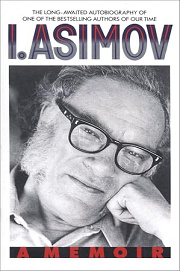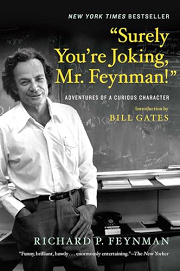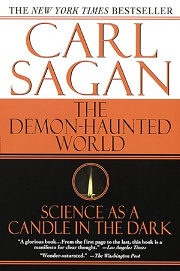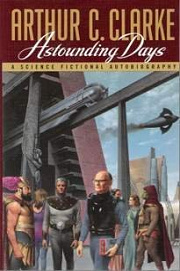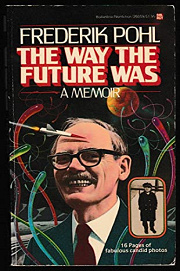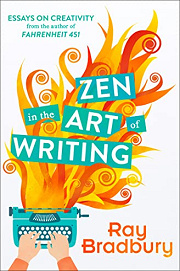Share your thoughts in a quick Shelf Talk!
I. Asimov: A Memoir by Isaac Asimov
From the mind behind Foundation and the Three Laws comes an intimate, often witty tour through a life steeped in science and stories. In I. Asimov: A Memoir, the legendary author reflects on creativity, curiosity, and the people and passions that shaped a towering career.
Have you read this book? Share what you liked (or didn’t), and we’ll use your answers to recommend your next favorite read!
Love I. Asimov: A Memoir but not sure what to read next?
These picks are popular with readers who enjoyed this book. Complete a quick Shelf Talk to get recommendations made just for you! Warning: possible spoilers for I. Asimov: A Memoir below.
In I. Asimov: A Memoir, did you enjoy ...
... the breezy, joke-laced, first-person anecdotes about a life in science and letters?
Surely You're Joking, Mr. Feynman! by Richard P. Feynman
If you grinned through Asimov’s quick, witty recollections—like his nervy first visits to John W. Campbell’s office or his cheerful brag about writing every single day—you’ll love the way Surely You’re Joking, Mr. Feynman! zips from safecracking at Los Alamos to bongo drums and biology labs. Feynman’s voice has that same playful candor Asimov uses when telling stories about pulp magazines, the Futurians, and his time at Boston University. It’s a cascade of smart, funny vignettes that make curiosity feel irresistible.
... the clear-eyed, humanist optimism about science’s power to illuminate our lives?
The Demon-Haunted World by Carl Sagan
Asimov’s memoir radiates faith in reason—whether he’s recalling his joy at explaining ideas in his F&SF essays or talking about the pride he took in teaching biochemistry. The Demon-Haunted World channels that same humane, uplifting spirit. Sagan’s torch-carrying for skepticism and education will resonate if you appreciated Asimov’s earnest reflections on rational inquiry, public outreach, and the ethical responsibility of explaining science plainly.
... first-person reminiscences of the Golden Age, especially around Astounding and editor John W. Campbell?
Astounding Days by Arthur C. Clarke
If Asimov’s scenes of hauling manuscripts to Street & Smith and sparring—sometimes worshipfully, sometimes warily—with Campbell were highlights for you, Clarke’s Astounding Days is a perfect echo. Clarke offers his own on-the-ground memories of the magazine that launched so many of Asimov’s breakthroughs, weaving in candid portraits of Campbell and the era’s writers. It feels like stepping back into those same hallways and letter columns from a different, equally engaging voice.
... bite-size, anecdotal snapshots of the Futurians and the SF world told with insider warmth?
The Way the Future Was by Frederik Pohl
Asimov’s quick-hit chapters about the Futurians—names like Donald Wollheim and Cyril Kornbluth popping in and out—read like a string of lively snapshots. Pohl’s memoir uses the same vignette rhythm to revisit those very circles, from fan-club politicking to editorial intrigues. If you savored Asimov’s brisk, anecdotal pace and the behind-the-scenes gossip of Golden Age publishing, Pohl’s lens on those same rooms and arguments will be catnip.
... plainspoken, enthusiastic reflections on the joy and discipline of writing?
Zen in the Art of Writing by Ray Bradbury
Asimov’s unpretentious style—and his unapologetic love of work, from the steady daily pages to his pride in sheer output—shines in his memoir. Bradbury’s essays capture that same clear, contagious energy about craft and imagination. If Asimov’s straightforward voice and practical reflections on productivity (and those fond notes about his study and routine) resonated with you, Zen in the Art of Writing will feel like a spirited conversation with a kindred soul.
Unlock your personalized book recommendations! Just take a quick Shelf Talk for I. Asimov: A Memoir by Isaac Asimov. It’s only a few questions and takes less than a minute.
